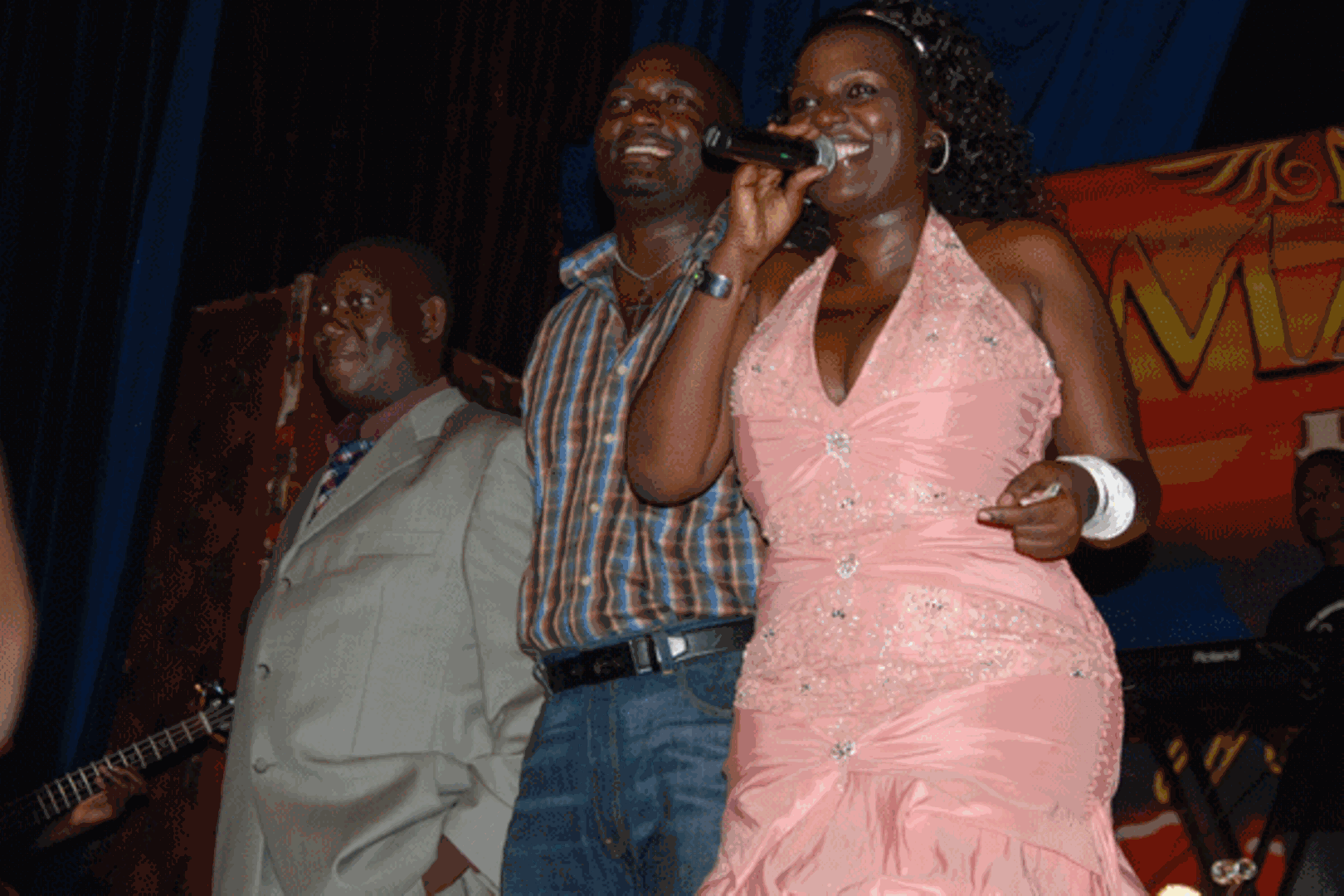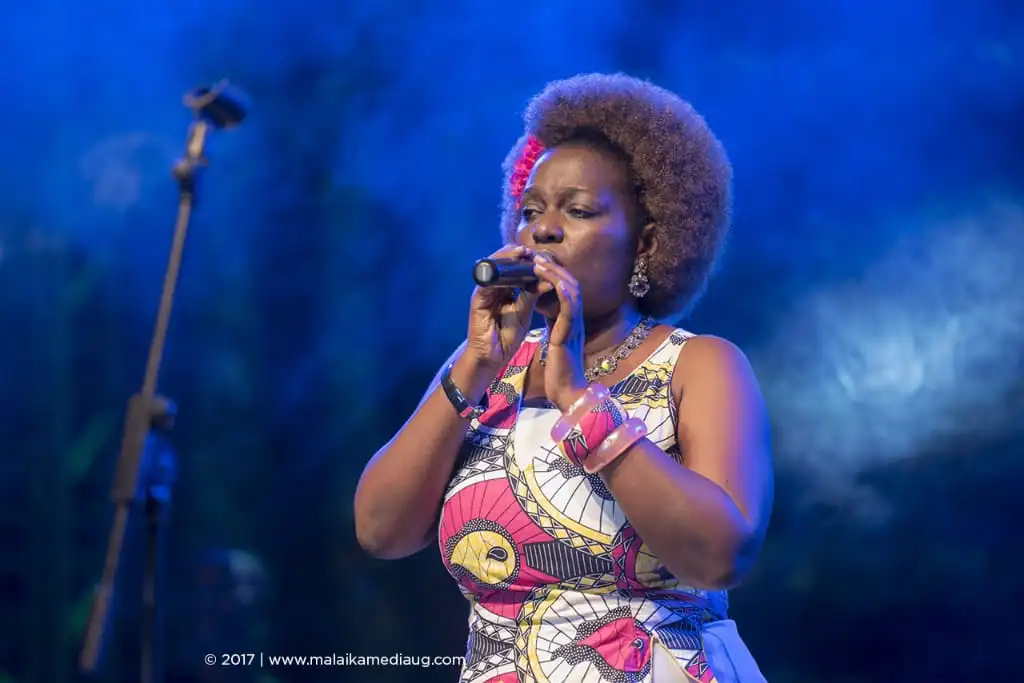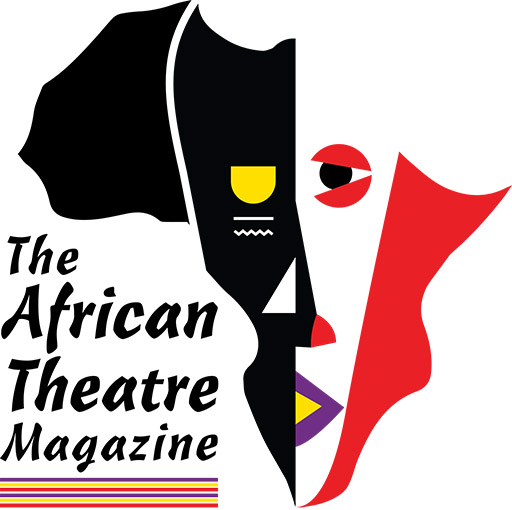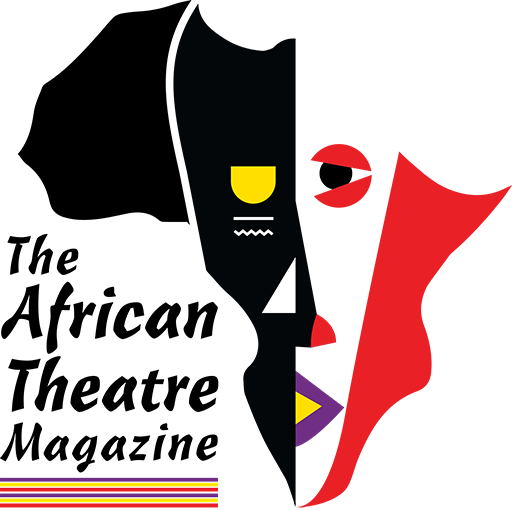It is hard to remember the first encounter with Mariam Ndagire as an artist. It was probably through music, theatre, or both; Mariam Ndagire is from a generation that popularised music and theatre; they created songs for their productions that, most of the time, moved the story from one stage to the next.
She initially performed many songs for AfriTalent plays and had not considered taking on music as a career. But in the 1990s, a lot of pieces of the Ugandan entertainment industry were coming together. Capital FM came on air slightly after Sanyu FM, the first FM station, had launched.
In 1996, Central Broadcasting Services (CBS), a Luganda radio station leaning towards the Buganda Kingdom, one of the most influential nations in Uganda, opened.
CBS, unlike the other radio stations that played a lot of music from Europe and the US, played a lot of local music.
Mariam Ndagire, Ugandan Theatre and Luganda FM Radio
Peter Ssematimba, the man at the helm of CBS thought of a better way to win the station some listeners by tapping into the most appreciated art form at the time, theatre.
“At the time, theatre was very popular; the experience was always big at shows; theatre was a thing,” Ndagire says.
See also: The Thenx Ladies: Creating and Celebrating Truth
Thus, it wasn’t surprising that Ssematimba tapped into the art to build the foundation for CBS as a station. He picked his talent mainly from AfriTalent, of which Abby Mukiibi and John Segawa were members, and Diamond Ensemble, of which the late Kato Lubwama, Ndagire, and Ashraf Ssemwogerere were members.
With theatre popular, the music Ndagire and friends had sang in plays wasn’t so strange being played on the airwaves. Songs such as Rachel were initially part of plays by the Nalubale Theatre Club, of which Mulindwa Muwonge was a member.
In fact, Muwonge’s short-lived music career was mainly a result of songs he had performed in plays, and somehow, Ndagire pursued a career in music in a similar manner.
“The radio started playing songs we sang for plays, and somehow people kept requesting them. When CBS started Enkuka, we were curated as performers; generally, one thing led to the other, and people started asking for more songs,” she says.
Kato Lubwama originally wrote Ndagire’s opening song, Mulongo Wange, for the play Safari.
“I could say I accidentally became a recording artiste,” she says.

Mariam Ndagire on Getting into Theatre
However, before a successful music career, Ndagire had joined drama at a young age. She says her fascination with theatre started as an audience member; she was a fan of Jimmy Katumba and The Ebonies.
“My first play was Amakula Ga Kulabako (by Byron Kawadwa); I did not know what I was watching, but it was at the National Theatre. I thought I was watching TV because the stage of the theatre was like a TV, but when we got out, I saw one of the actors, and that’s when I was told it wasn’t a TV,” she says.
Ndagire says that at the time, theatre was vibrant. The Ebonies did musicals, and their shows thus came with a lot of elegance and colour, yet the Bakayimbira told the common man’s story that their shows always sold out.
“There was a time I attended a Bakayimbira [show] and the auditorium was flat; since I was short, I couldn’t see anything. I had to stand on a bench,” she says.
Like many of her peers, Ndagire started out at Omugave Ndugwa’s Black Pearls when she was still a teenager. Alongside the now late Kato Lubwama, she was one of the first members of Diamond Ensemble and later Afri-Diamond, a collaboration between AfriTalent and Diamond Ensemble.
Most of their productions have been about family wrangles, and just a few about politics; in fact, it is fair to say that the majority have been portraits of broken family systems at the time.
See also: Phillip Luswata: A Career Onstage and Behind the Scene
“We were doing things that were close to people’s hearts and things that they could relate to easily; we knew that theatre is about society and impacting on it to change, so we used to do issues about family so that people could feel like they were watching themselves and would change,” she says.
And theatre did impact people; she tells the story of Col. Kayanja watching a play, Esseke z’eNganda, by Bakayimbira Dramactors. At first, he saw the show alone and later brought his extended family to see the show as well. Kayanja later narrated that after the show, when they went back home, all the relatives packed up and went back to the village.
“I think through the play, they managed to notice that they were being a burden. That’s how much theatre resonated with the people then,” she says.
“But it was also slightly after the war; it was one thing that could bring people together,” Ndagire adds.
Impact of FM radios on Theatre in Uganda
At the end of the 1990s, theatre was thriving, but at the same time, radio and TV were shaping up. Sanyu FM and Capital became the flagship radio stations. Sanyu even set up a TV station in 1994.
When Ssematimba rolled out CBS, he brought the stars of the time, Mulindwa Muwonge, Kato Lubwama, and Abby Mukiibi. CBS thrived because people used to watch these people on stage, so listening to them was even more refreshing.
“At first, these were gigs but eventually became jobs. Abby Mukiibi went on to become a programme director; he didn’t have enough time for theatre. Then, for my part, we had performed songs for the play, and then the audience started asking for tapes to take the music home. Then that music ended up on the radio,” she says.
After CBS started and was a success, Radio Simba was set up and started broadcasting towards the start of that year’s World Cup tournament in France.
Radio Simba quickly became the voice of the 1998 World Cup, but of course, that was just one month. After the tournament, serious programming was needed to keep the audience they had cultivated.
They did not look elsewhere; they looked at theatre—to be specific, Bakayimbira Dramactors.
See also: Emelda Ngufor Samba: Scholar and Face of Theatre Arts in Cameroon
The success
By 2000, theatre makers and actors had sprung from celebrities to bona fide superstars. Kadongo kamu music, which was popular at the time, would often tap into theatre by plotting skits around their performances; thus, it became common to find Paulo Kafeero teaming up with Bakayimbira Dramactors for a concert.
The popularity of theatre was so overwhelming that when Charles Ssenkubuge, alias Siasa, joined the presidential race in 2001, he made news. He would later leave the race, saying he had been threatened.
With stars such as Mukiibi, Kato, Ndagire, Ruth Kalibala, Jennifer Kabanda, John Ssegawa, Andrew Benon Kibuuka, and Aloysius Matovu Joy, among others, the theatre had Ugandan entertainment in its palms.
Yet the success of individual thespians started damaging theatre; by 2005, more Luganda radio stations had been established, and most of these had thrown actors around their daytime programming.
Private TV stations had also started thriving, and some had started biting part of the theatre pie. Many of them were hiring from theatres, but that wasn’t all. Similar to how WBS took on Bakayimbira’s Ekilya Atabala and Kigenya Agenya, Mariam Ndagire had written Ensitano for the stage and had it adapted for TV.
Mariam Nagire’s Career from Theatre to Music, and Theatre to Film
Soon weddings showed up, and the likes of Ndagire started performing at Kwanjula (introduction ceremonies), and others became MCs.
“It ate us slowly, and we couldn’t notice; people splashed money in our faces, and we wanted money. Then we became reluctant to create; we started picking situations and lines from our plays and putting them on the radio; it killed the appetite of those that used to pay to see us on weekends,” she says.
Amid all this, Ndagire found a new interest in film. This saw her release films such as Down This Road I Walk, Strength of a Stranger, Hearts in Pieces, and and the TV show, Tendo Sisters, among others.
“Film was a dream I wanted; I felt like I could tell stories in a deeper way. When we were studying MDD at Makerere, we were taught drama and radio dramas; there was nothing about film. So my approach to film was the theatre way at the beginning,” she says.

After a few films, Bakayimbira and AfriTalent came together and released Once Upon a Home, a film that was released at Theatre Labonita with many traits of a stage play. The excitement of the film soon took over the theatre.
See also: Stories and Sisters: The LAM Sisterhood
Today, almost all the best thespians are working in film.
In 2019, Ndagire says she noticed the dangers the film was posing to the theatre and tried to do something about it. Of course, the journey led to discoveries.
Mariam Nagire on the Revival of People’s Theatre
She noticed that most of the younger people they had recruited had become successful and comfortable, but none of them were willing to take risks such as starting a new theatre company, writing, or producing.
“We missed training a generation, we made the likes of Patricko Mujuka, Ruth Kalibala, and Wycliffe Kiyingi so comfortable that they did not see a purpose to take on different roles in theatre,” she says.
Realising the problem, she decided to do something, and that was the birth of the Kampala Theatre and Performing Arts Festival.
The festival deals with emerging and established theatre companies that are given themes that they use to come up with productions that they present. They are judged, and winners are declared at the end of the festival.
However, to ensure that the programme has more impact, last year, Friday Night Live was created. The role of this is to spotlight a thespian, usually a promising one.
For his/her Friday Night special, the person being highlighted puts together a production, hires actors, writes, and at times directs. The main role is to see them put on a successful production.
“We give them a budget and can advise them, but their role is to put this show on and invite their fans to see it,” she says.
The main aim of the nights is to introduce a new group to all the hoops of theatre, including presentations, but not limited to them.
She also looks at taking the festival to schools to interest young people in writing and producing.
“Theatre was in limbo, not buried; we are taking it back to schools to form drama clubs, and the beauty is that we already have some schools on board,” she says.
With these new programmes, Marian Ndagire is going back to the basics. And with a career in theatre, music, film, and entertainment entrepreneurship spanning decades she has more to give. A lot more!








Discussion about this post